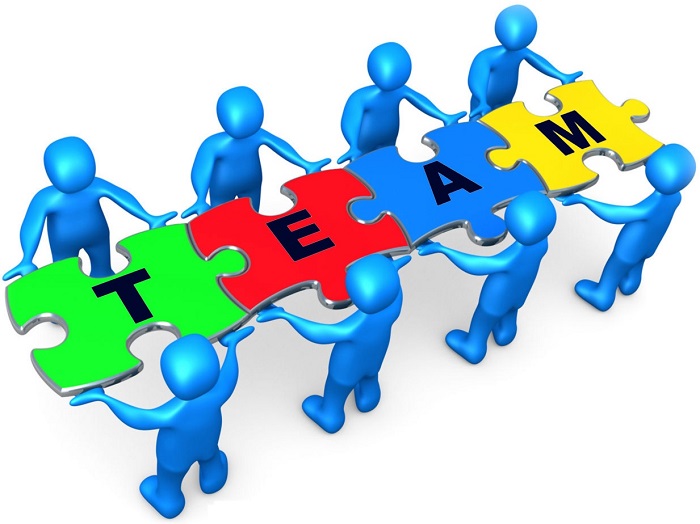Resistance to change be those affected is often the single most formidable obstacle to its successful realization. It is to be understood at the outset that resistance to change is not, the fundamental problem to be solved. Rather, any resistance is usually a symptom of more basic problems underlying the particular situation. To focus the attention of symptom alone will achieve at best only limited results. The effective solution is that one must look beyond the symptom that is resistance to its more basic causes. It is quite appropriate and practicable for a manager to focus on situational and environmental factors that cause resistance.… Read the rest
Organizational Development
Organizational Development through Team Building
There are a variety of situations where new teams are formed. The project based, cross-functional work team has become the basis of industry in the 1990’s. Virtual team organization is rapidly becoming the model for flexibility and agility in organizing quickly and effectively to get jobs done. New teams usually have a clear task focus in the early going and there is usually a clear understanding of the short term goals. The new team members are also generally technically competent and there usually is a challenge in the project that will draw on their technical capabilities. While the early activities of a team are clearly focused on task and work issues, relationship problems tend do develop as they do in any human system.… Read the rest
Process Consultation
The process consultation view has been advocated by Schein since late 60’s (first edition 1969). It belongs to activities of organization development (OD). OD is one of part of the organization processes which aim improving organizational and individual effectiveness. Process consultation (PC) is one of the OD techniques, enlisted with sensitivity training (self €improvement), survey feedback (introspection),team building (socializing), and role negotiation (changing roles and perception. The main argument of Schein for process consulting is to help people in organizations to help themselves.
… Read the rest
- Process Consultation is the creation of a relationship with the client that permits the client to perceive, understand, and act on the process events that occur in the client’s internal and external environment in order to improve the situation as defined by the client.
Sensitivity Training
Sensitivity training is a method of laboratory training where an unstructured group of individuals exchange thoughts and feelings on a face-to-face basis. Sensitivity training helps give insight into how and why others feel the way they do on issues of mutual concern. Training in small groups in which people develop a sensitive awareness and understanding of themselves and of their relationships with others. Sensitivity training is based on research on human behavior that came out of efforts during World War II to ascertain whether or not an enemy’s core beliefs and behavior could be modified by the application of certain psychological techniques.… Read the rest
Mental Modes in Organizational Change
An important aspect of organizational culture is the mindset, influenced by the basic assumptions and core values underlying it. It is the same as in the case of individuals whose thinking and behavior is governed by certain values imbibed through their own life experiences. An organization, at any given point of time, tends to be in a particular psychological state or mental mode, which, in turn, influences its functions, activities, and processes.
An organization’s psychological state arises out of its experiences in the business environment in which it operates, the basic assumptions it holds about the environment (markets, customers, technology, community) and itself (mission, strategy, capabilities/competencies), and its operative culture.… Read the rest
Organizational Change
The concept of organizational change is in regard to organization-wide change, as opposed to smaller changes such as hiring a new person, modifying a program, buying a new computer for the department etc. Examples of organization-wide change are a change in mission statement, restructuring operations (e.g., restructuring to self-managed teams, layoffs, etc.), new technologies, mergers, major collaborations, “rightsizing”, new programs such as Total Quality Management, Business Process Re-engineering, etc. Some experts refer to such change as “organizational transformation”. Organizational change means that there is a fundamental and radical reorientation in the way the organization operates.
What are the forces, which necessitate change?… Read the rest
